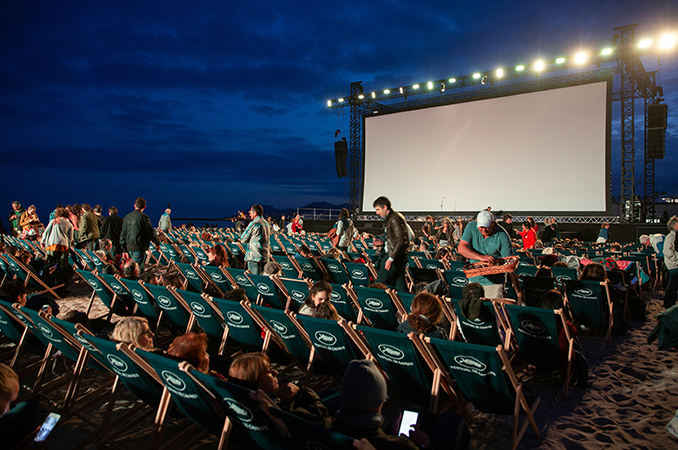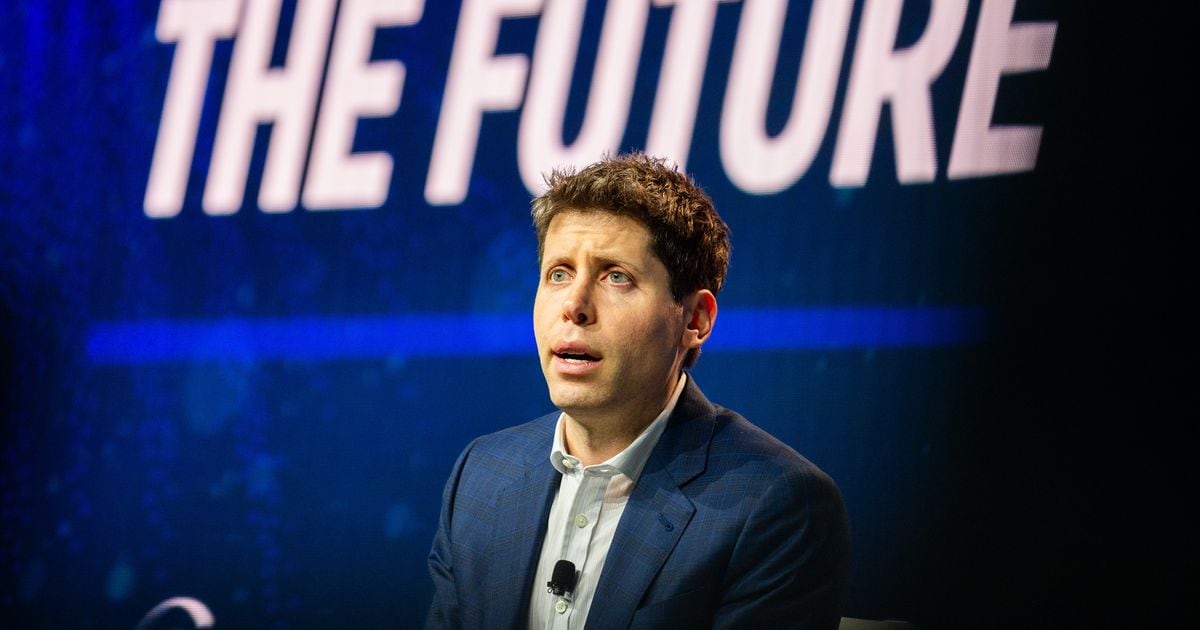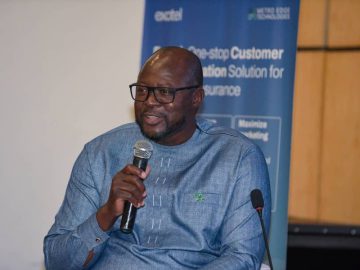Creativity gets an AI supercharge at Cannes
By Matt Hall, Studio Rx, an IPG Health company
The 2024 Cannes Lions International Festival of Creativity provided the perfect opportunity to gauge how generative AI is being adopted by the ad industry. As someone deeply involved in content production, especially in healthcare brands, I was eager to see if AI had already revolutionized production. Would the Grand Prix winners all feature AI?
I dove into every session with AI in the title and persistently asked everyone I met how they were incorporating AI into their daily workflows. It became clear that as an industry, we are still in the early stages of this transformation. However, there were many impressive examples of AI in action hinting at where we’re headed.
Tech companies like Google, Microsoft, and OpenAI emphasized that AI is here to supercharge creativity. Jensen Huang, CEO of NVIDIA, said it best. “[AI] for the very first time, it is no longer just in distribution, but AI is actually in content creation. It will democratize content generation, but we won’t democratize creativity. Creators are going to be supercharged.”
Brad Lightcap, COO of OpenAI, was even more optimistic. “I will place a bet that the advertising industry will be busier than ever in five years. This technology enhances people’s ability to explore ideas, leading to a creative explosion.”
Google shared one of the most concrete examples with their “Best Phones Forever – Road Trip” campaign. This Instagram Reels campaign invited fans to suggest destinations for the phones’ adventures, resulting in 306 fan-inspired episodes across 74 countries in just one day. By using generative AI tools like Gemini and Imagen 2, the Google Creative Lab teams created custom video responses within minutes, producing scripts, imagery and voices generatively. Importantly, all this generated content was a starting point, vetted and enhanced by human creatives.
Another highlight was the Grand Prix-winning “Adoptable” campaign from Pedigree, aiming to end dog homelessness. This campaign used an AI-enhanced workflow to transform simple snapshots of shelter dogs into studio-quality images for digital ads. The AI mapped each dog’s image to a CGI rig, allowing for versatile poses suitable for various media formats. When a dog was adopted, it was immediately removed from the ad rotation.
In a session entitled, “The Beauty of Health” presented by Adobe, Clio Health, and IPG Health, celebrity photographer Rankin shared his experience incorporating generative AI into his workflow for a recent editorial portrait series. “We wanted to do a photo shoot specifically using AI,” he explained. The project involved depicting an actor in various water-themed environments. Rather than shooting on location, Rankin’s team pre-visualized the images using AI tools, then shot the actor on a stage to match and incorporate into those images. This session exemplified one of the core takeaways – human artistry and AI must support each other to create beautiful and authentic work.
There were also important discussions about the ethical considerations of using generative AI in content production. For example, L’Oréal discussed how they have set strict guidelines to not use AI-generated images of humans in their product promotions. This highlights an important consideration for each brand: how can we ensure that the use of AI does not conflict with a brand’s core benefit and maintain customer trust?
Another cautionary example is the AI-generated brand film from Toys “R” Us, created using the Sora generative video AI model. Debuted at Cannes, it received a mixed reception, highlighting the need to balance innovation with authenticity and consumer sentiment. While AI offers creative opportunities, ensuring the output resonates with the target audience and maintains a genuine brand connection is crucial.
After all these examples and inspiration, what are the takeaways for using AI in content production for healthcare work?
First, explore where any new campaign could benefit from an “AI Supercharge.” Look at how AI tools could enhance the production of the creative concept. Can AI workflow tools speed up the creation process? Could AI-driven virtual production techniques scale up deliverables and create variations in content? For instance, can AI generate multiple location variations for a global campaign, thereby enriching the campaign’s reach and relevance?
Secondly, consider how AI can expand a campaign in innovative ways. Google’s dynamic content generation for the “Best Phones Forever – Road Trip” campaign is a prime example. AI enabled the creation of personalized content from audience interactions. Can we leverage similar AI capabilities to create personalized patient education materials or dynamic health information that adapts to individual patient needs?
Establishing clear guidelines for AI usage that are agreed upon by all stakeholders is essential. Discussing specifics is important, as there are many shades of how AI can be applied—from production efficiency enhancements to full content generation.
Finally, consider how the use of AI fits into the brand’s identity and promises. In health care, where trust and authenticity are paramount, the use of AI-generated patient depictions could potentially undermine these core values. Instead, AI should be used to support and enhance the authenticity of the content.
Even with AI being a huge topic of conversation at Cannes, it still feels like we are just getting started. Elon Musk, in his Cannes appearance, captured this well when he referenced Henry Ford’s famous line — if asked what they wanted, people would have said a faster horse. This sentiment perfectly captures our current state: we’re talking about faster horses, but the AI version of the automobile is yet to be revealed. While we witnessed some impressive advancements in AI, it’s clear that we’re just scratching the surface. Let’s check in again next year, which I suspect may feel entirely different.
| Matt Hall is executive creative director at Studio Rx, an IPG Health company. |




